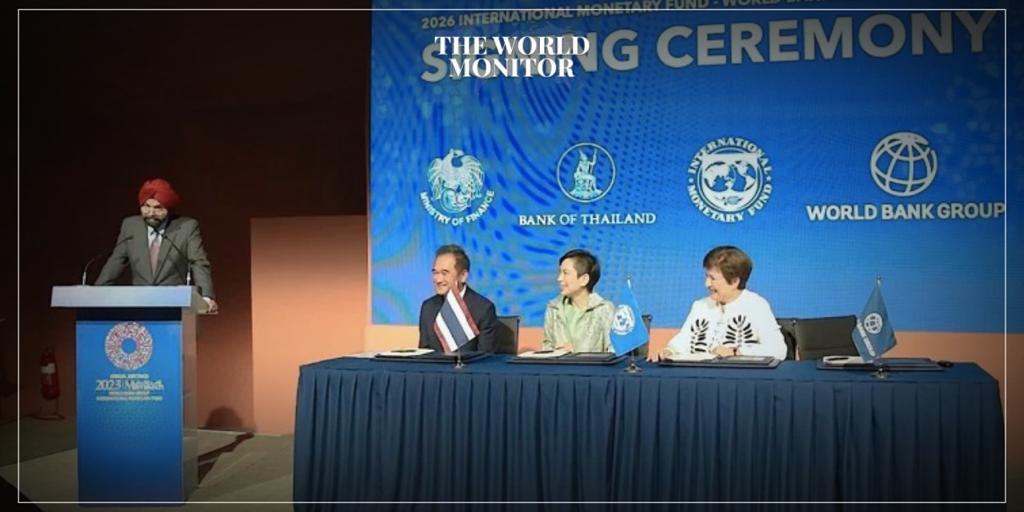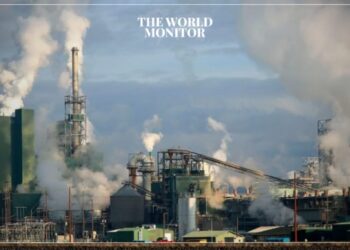Amidst a convoluted global panorama, World Bank President Jay Bangha articulates a discerning viewpoint concerning the impediments wars and tumult in various global regions present to economic growth and prosperity. During the conclusive day of the annual meetings of the World Bank and International Monetary Fund in Marrakech, a considerable spotlight was cast upon the persistent conflicts and their cascading impacts on the international economic landscape.
Bangha, in a press statement following the announcement that Bangkok will host the World Bank and IMF’s annual meetings in 2026, underscored that the wars in Ukraine and Gaza are not conducive to achieving global prosperity and economic development. The destabilizing events in these regions have palpably rippled across the international financial milieu, hindering progressive economic advancements.
The World Bank president emphasizes, “The World Bank is dedicated to catalyzing growth and prosperity globally. However, incidents like the wars in Gaza and Ukraine influence the momentum of our work and our endeavors in assisting to realize economic development and aiding governments in that pursuit.” The impact of such geopolitical skirmishes is a poignant reminder of the fragility embedded within global economic systems, with ramifications extending well beyond the immediate conflict zones.
People across varied nations aspire for employment opportunities and roles that assure a respectable standard of living, yet disturbances in regions, such as the Israeli-Palestinian conflict, convolute matters, stalling achievement of these objectives and precluding the provision of employment opportunities for millions seeking them. These scenarios, unfortunately, beget a milieu where the global economic engine grapples with achieving harmonious prosperity.
The unfolding scenario in the Middle East, along with the ongoing conflict between Russia and Ukraine, has prompted a global vigilance due to the potential repercussions on supply chains, flagging warnings of future escalations in the prices of several essential commodities on the global market, such as grains, gas, and petroleum. Experts present at the meetings in Marrakech pointed to the challenges confronting the global economy due to wars and conflicts, affirming that such wars have adverse reflections on Southern countries and inflict significant losses due to their connection and dependence on imports to secure the needs of their local markets.
By intersecting the nuanced dynamics of geopolitical strife with economic development, the deliberations within this context bring forth a substantive dialog, pivotal for comprehending the labyrinthine channels through which conflicts shape and often disrupt, global economic paradigms. The dialogue in Marrakech fosters a comprehensive platform, elucidating the imperative to navigate the economic challenges wrought by geopolitical turmoil with adept strategy and forward-thinking policies.






